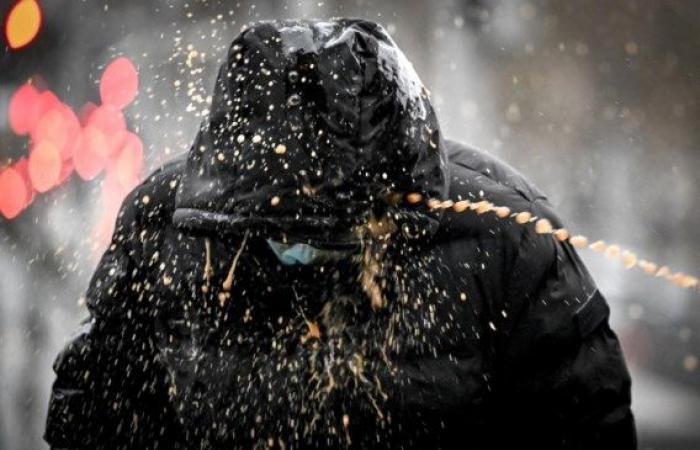“This is the best possible scenario, it’s the right punishment,” said a friend and my blood boiled. Three years with probation, an 8,000 euro fine and a treatment program, that is the punishment for Sven Pichal, for possessing and distributing images of child sexual abuse. Horrible abuse of very young children.
The primary reaction is anger, because we are all involved: we are all children with or without trauma, parents or aunts or uncles or friends with children. But where the anger begins, the conversation ends. The friend who agreed with the punishment works as a therapist with sex offenders. He talks to them in therapy as part of their imposed punishment.
What would be an appropriate punishment for Pichal? That is an impossible question given the flaring emotions. Spray him with urine? Would skinning him and putting him on public display be enough? Once you enter the path of anger and revenge, “enough” no longer exists. Sobriety is not necessarily a Flemish or human quality. In a democratic system it is therefore up to the court to make just judgments. The seriousness of the facts must be weighed in the balance of Lady Justice. For example, actions involving children weigh more heavily than the distribution of images. Another BV, NC, was given a one-year conditional sentence for the rape of two minors. Pichal was punished proportionately more severely. He is also a social pariah, perhaps until the end of his days.
Sven Pichal, sprayed with urine at the entrance to the Antwerp courthouse. — © Belgian
DS Video | Person pours smelly liquid on Sven Pichal. — © De Standaard
What would be the right punishment, from the victims’ perspective? “I am deeply ashamed for all victims of abuse,” Pichal said in the previous court hearing. Besides being a crooked sentence, it is also symptomatic: Pichal expresses that he is ashamed of the existence of the anonymous victims, perhaps he prefers to dream them away. Presumably he wants to say that he is ashamed of his actions. That stubborn shame doesn’t help us much, it’s more of a cover to keep the blame at bay. Some of the victims have been helped to gain insight into the perpetrator’s guilt, but for the time being this cannot be enforced against an perpetrator. According to experts, Pichal would show glimpses of insight into guilt. The question is whether that is enough, for the victims and for society.
Innocence is fiction
Many of us would prefer to shout our outrage at the monstrous perpetrator at every scandal, not look back and move on. Until the next case. Repeat. That anger is a human, obvious reaction, but we also make it too easy for ourselves. By us I don’t mean “we, the innocent”. The entire concept of innocence is fiction. Whether we are tainted with original sin as the Catholic Church states, or are big enough to bear responsibility ourselves, we are all guilty to a greater or lesser extent, of major or minor crimes. If we could judge with total integrity, we would be gods, neutrally and detachedly separating the good from the bad. But we are bipeds with drives, a conscience, and a, unfortunately far too slow, judicial system. Moreover, we can act ourselves, in all our imperfection.
There is no #MeToo for children, but there are bright spots. For example, in the Pichal case, Child Focus took legal action to give a voice to the children who are victims of real abuse captured on video and who often do not even have a name. Nel Broothaerts, CEO of Child Focus, says about the ruling: “I am pleased that the chairman is clearly aware of the suffering caused to the victims. (but not from the suffering of Pichal’s foster children, who were drawn into the bath, sdc). The fact that the court focuses so much on therapy (…) proves that the focus is on preventing future victimization.”
Because it was possible
There are also more victims of abuse, who are also given a voice and a face thanks to the media. They have the incredible courage to break free from their armor of passive prey and speak out themselves. I read sad tiger by Neige Sinno, a stunning and explicit book by a woman who was abused by her stepfather as a child. Sinno clearly explains that silence is an integral part of the abuse. When something is so confusing, you can’t put it into words.
Language can break that silence and initiate a difficult recovery. To the big question “how on earth did this happen?” Sinno has a simple, shocking answer: because he could. Because there was a perpetrator, because there were circumstances. And we help shape those circumstances. We adults, we are all involved parties. Just getting angry when another case comes to light doesn’t get anyone anywhere. It is purely reactive. This way we keep the conversation itself at a distance. Words can shake our rigid thinking frameworks. A therapist who allows an offender to talk in a therapeutic framework can help prevent recurrence. Our words can make children more resilient. Beyond fear and outrage.






